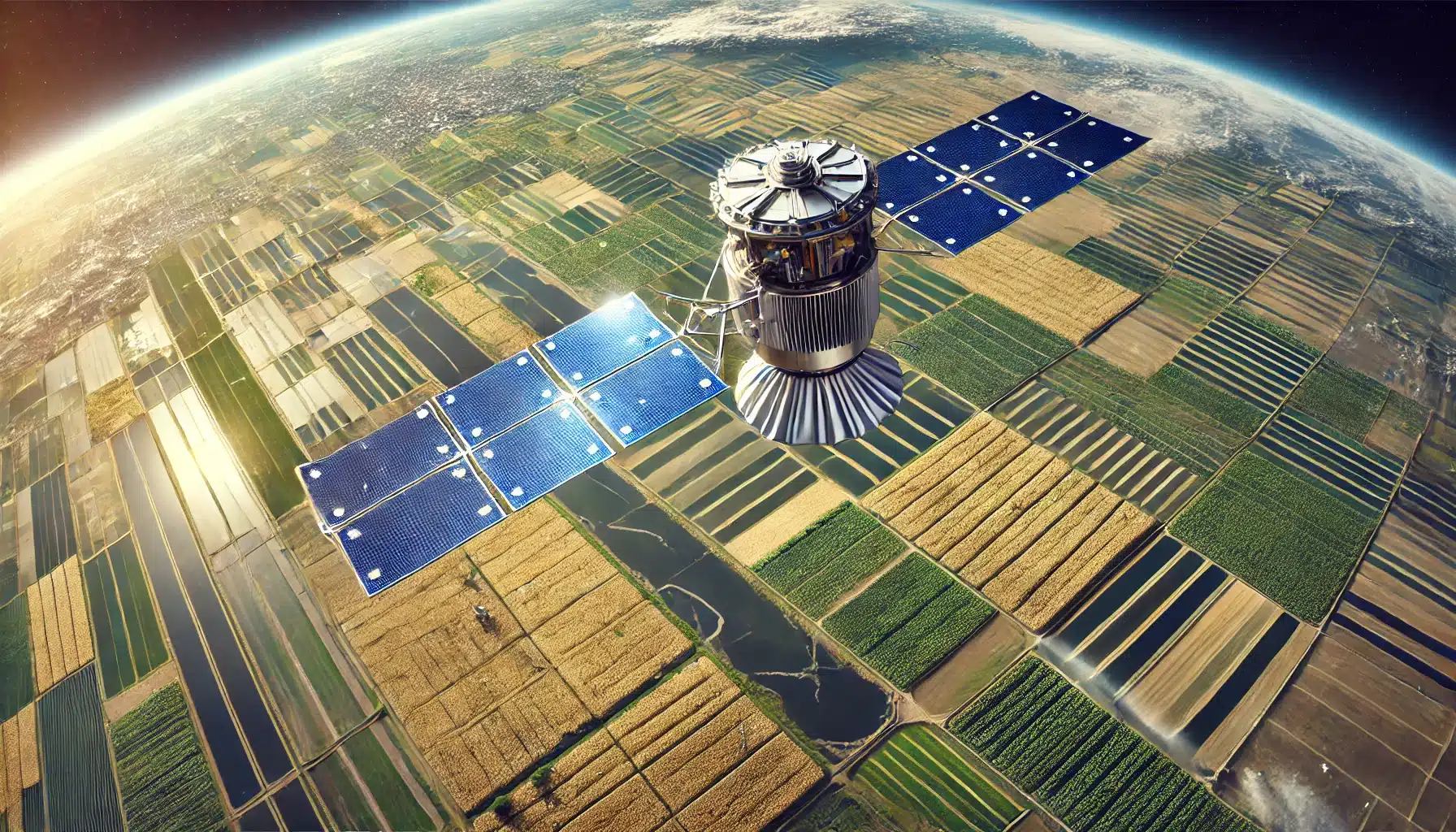NASA prepares potential shutdown plans
NASA is currently drafting termination plans for two major satellite missions responsible for monitoring atmospheric carbon dioxide and plant photosynthesis. These efforts are part of the Orbiting Carbon Observatory (OCO) program, which includes a standalone satellite and a device on the International Space Station (ISS).
If the standalone satellite mission is ended, the satellite would re-enter Earth’s atmosphere and be destroyed. The planning, known as Phase F within NASA, involves evaluating the process and consequences of mission termination.
Critical data for climate, agriculture, and security
The OCO missions provide essential data used by scientists, agricultural agencies, and others. Beyond tracking greenhouse gases, the satellites inadvertently measure photosynthesis by detecting specific wavelengths of light emitted by growing plants.
This information has proven valuable for forecasting crop yields, monitoring droughts, and even analyzing geopolitical impacts such as migration driven by food insecurity. These data also contribute to understanding which regions absorb more atmospheric carbon and how those patterns evolve with climate changes.
Funding challenges and private sector involvement
While Congress has allocated funding through the end of FY2025, the outlook for FY2026 remains unclear. NASA recently invited proposals from private organizations and universities to assume responsibility for maintaining instruments aboard the ISS and other observation tools.
Experts note that maintaining both OCO missions costs about $15 million annually, a small fraction compared to the $750 million invested in development and launch. The agency’s move could mark a shift toward increased privatization of Earth science efforts, a trend that raises questions about access, continuity, and long-term research goals.
Scientific value continues to grow
Satellite-based carbon monitoring has revolutionized climate science. The data has challenged previous assumptions and expanded understanding of Earth’s carbon cycle. Researchers emphasize the ongoing importance of these missions as climate dynamics shift and the demand for accurate, global-scale data increases.



